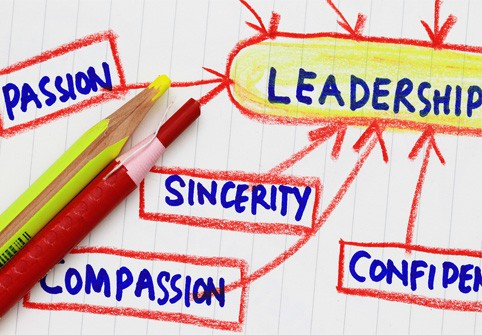Good Work: A Grandmother’s Lesson on Integrity

My grandmother consistently lived her beliefs, you could hear it and see it, under any circumstance, in any setting. She was kind to everyone she met, never spoke a cross word, didn’t exceed the speed limit, and would not go in a door marked “Exit.” She dressed up for and was as kind to her hairdresser as she would be on a visit to the Queen of England. Unpretentious and humble, she put her faith into practice – consistently. She had integrity.
What would that kind of integrity look like on the job? I think there are three components: honesty, delivery, and consistency.
Honesty: introspective honesty with self, courageous honesty with others, intellectual honesty with the world. Integrity puts honesty into practice. Honesty is talking about it; integrity is doing the right things, and doing them consistently.
Delivery: delivering as promised and promising what you can deliver. I have sweat shirt that author Jim Kouses gave me says DWYSYWD, which stands for “do what you say you will do.” I could use one for every day. Sometimes integrity means saying, “No, I’m sorry I can’t serve on another board right now,” or “No, we can’t take on another project and maintain our focus right now.”
Consistency: enacting a set of values and modeling the way. Integrity is an applied worldview. Integrity is intentional living – putting purpose into practice.
Several studies have shown that integrity, including truthfulness, trustworthiness, and character, tops the list of crucial leadership attributes. People want the truth and they want it in action. They want people that say it like it is, that show up on time, that actually put the check in the mail, and tell the truth when they screw up. They are desperate for that consistently live what they believe.
Integrity’s reward is the credibility that it fosters with others. It is the simple but important foundation for any meaningful relationship. It is the satisfaction of delivering as promised.
Good Work is a Sunday series about finding and doing mission-driven work. It started as unpublished journal entries made while serving as a public school superintendent. We’d love to hear your Good Work story.





0 Comments
Leave a Comment
Your email address will not be published. All fields are required.